Turning storytelling into a business tool for communicators
Authored by Ganapathy Viswanathan.
Storytelling has been a buzzword in recent times, but it is not something new. It has always existed and it had the power to convey the right feelings and lessons when we were kids – from our grandparents and other elders in the family. Today, the same storytelling has become a strong tool for successfully telling brand narratives and engaging with audience by drawing their attention. The biggest advantage of stories is that they help you absorb the content easily and you are able to store it in your brain.
PR professionals need to communicate to their external and internal stakeholders on a regular basis. The external audiences could be a journalist friend or business partners or your brand loyalists. While the internal audience would be your own employees, who are also in a way the brand ambassadors of your organisation. In today’s world, storytelling has become an important content marketing tool. The connect that storytelling establishes is very powerful as it is very simple and effective way of making your point to your audiences. It is also important that while telling your story, you need to make your point strongly, but at the same time ensure that there is an emotional quotient present in your narrative.
One of your primary objectives when you work on your PR campaign is to deliver an impactful message which is sticky and memorable. This is where when you are able to tell a good story to win the hearts of your audiences. Not only does storytelling help you in inspiring and engaging your audiences, it also brings in that emotional touch which will help in making the brand memorable. It also allows the brands to establish a strong bonding and connection, if delivered the right way.
In the business of public relations, your goal is to influence your target audience with every communication. Here again what you actually try to do is to change their attitudes, behaviour and create a new belief and also impart knowledge. You should also deeply research your work and content while delivering the stories as research will help you substantiate your point more forcefully and help you build your credibility quotient.
I also took this opportunity to speak to some industry experts from the communications field to know their perspective. Sharing her views, Priyanka Wadhwa, Co-Owner, Kapila Krishi Udyog Limited & Co founder, CommsCredible, remarked that everyone loves a good story and this makes storytelling an excellent business tool for communicators. “Stories are how our minds build a picture of the world around us. It is also about creating trust, differentiating yourself and communicating your brand’s values through compelling narratives. But the real power of storytelling lies in its ability to engage, influence and most importantly persuade. It changes the perception of your brand. That’s because the way you respond to stories shapes the way you perceive a business.”
Akanksha Patankar Mirji, Storytelling Coach, Trainer and Educator, too, believes that in the business of communication, good stories prove their relevance to the audience, use detail, connect to deeper themes, capture emotions, provide context, and surprise as well as empower audiences as they have a desire for authenticity, and emotion. This can make a message more memorable and impactful.
Wadhwa further said that it is crucial to first identify your audience and what they really want. “Today, we live in an age where PR professionals can use AI-powered storytelling smartly to craft emotionally appealing stories to spark audience interest. From analysing trends and measuring campaign performance, to predicting reputation crises, powerful data-driven insights can help them tell more impactful stories in an already saturated digital world. Ultimately, storytelling is what takes you beyond simply selling a product or service,” she added.
Patankar pointed out that stories keep audiences engaged in a meaningful way by holding their attention for longer periods of time. This engagement helps in delivering messages effectively and ensuring they are understood and retained. Additionally, they simplify complex ideas by making them relatable. This is crucial in a crowded communication landscape where attention spans are limited.
According to Patankar, the best way to persuade and influence opinions is through storytelling, as it assists audiences to accept messages being conveyed which leads to building trust and credibility.
Today, storytelling has taken digital marketing by storm. Every brand is telling their own compelling story to intensely engage with their audience, because it allows messages to be conveyed in a compelling, engaging, and memorable wayand ultimately leading to better understanding, connection, and impact. Storytelling is one form of making your point in a forceful manner, but at end of day you still need a strong idea and content to back your story. You story is as good as your content, but what storytelling does is it help you embellish your ideas and put them forward in the most understandable manner so that you will be able to grab the attention of your audience.



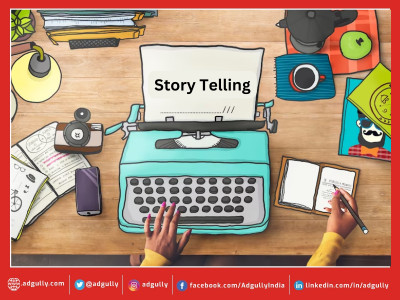





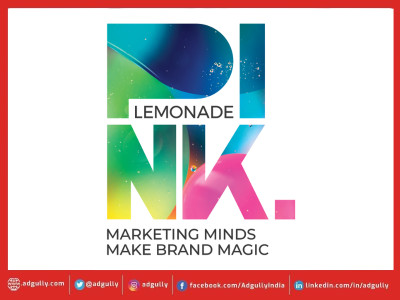

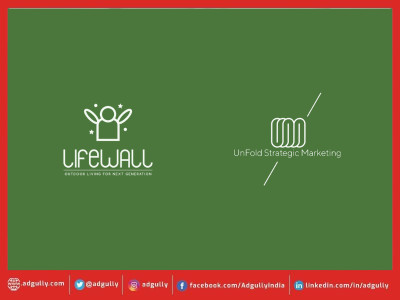
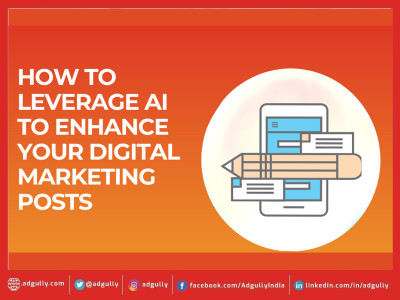

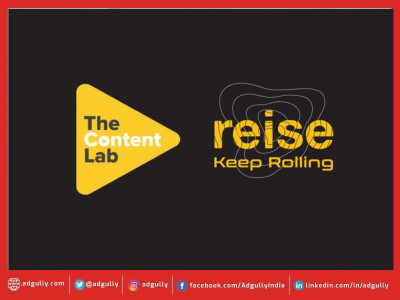






Share
Facebook
YouTube
Tweet
Twitter
LinkedIn